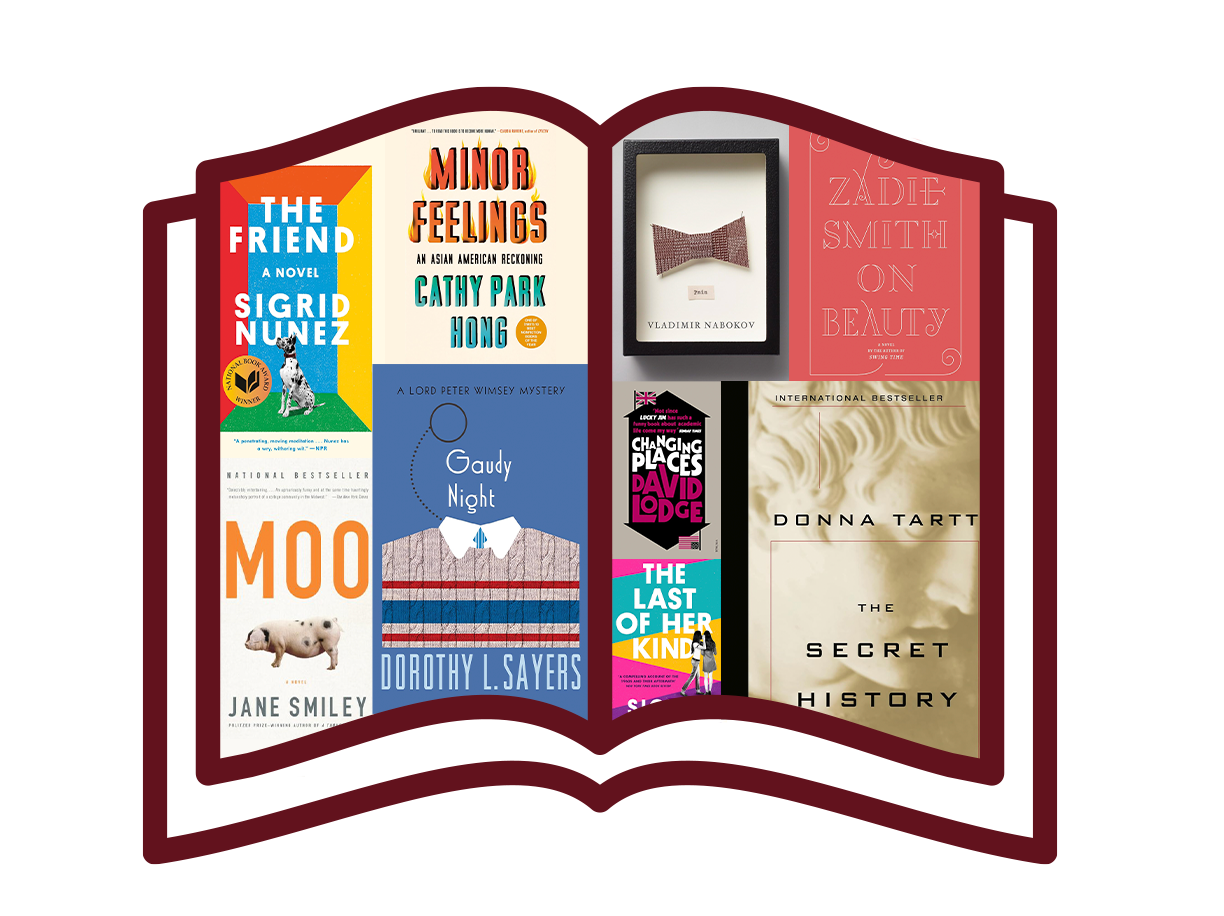
Photo illustration by Liz Zonarich/Harvard Staff
In fall, a reader’s mind turns to campus books
Faculty, fellows offer up bushel of their favorites
Fall semester is in full swing and that feeling of the start of a new school year, familiar to all regardless of age, is palpable. Small wonder, then, that various faculty and fellows find themselves thinking about favorite pieces of writing that evoke campus life, real or fanciful.
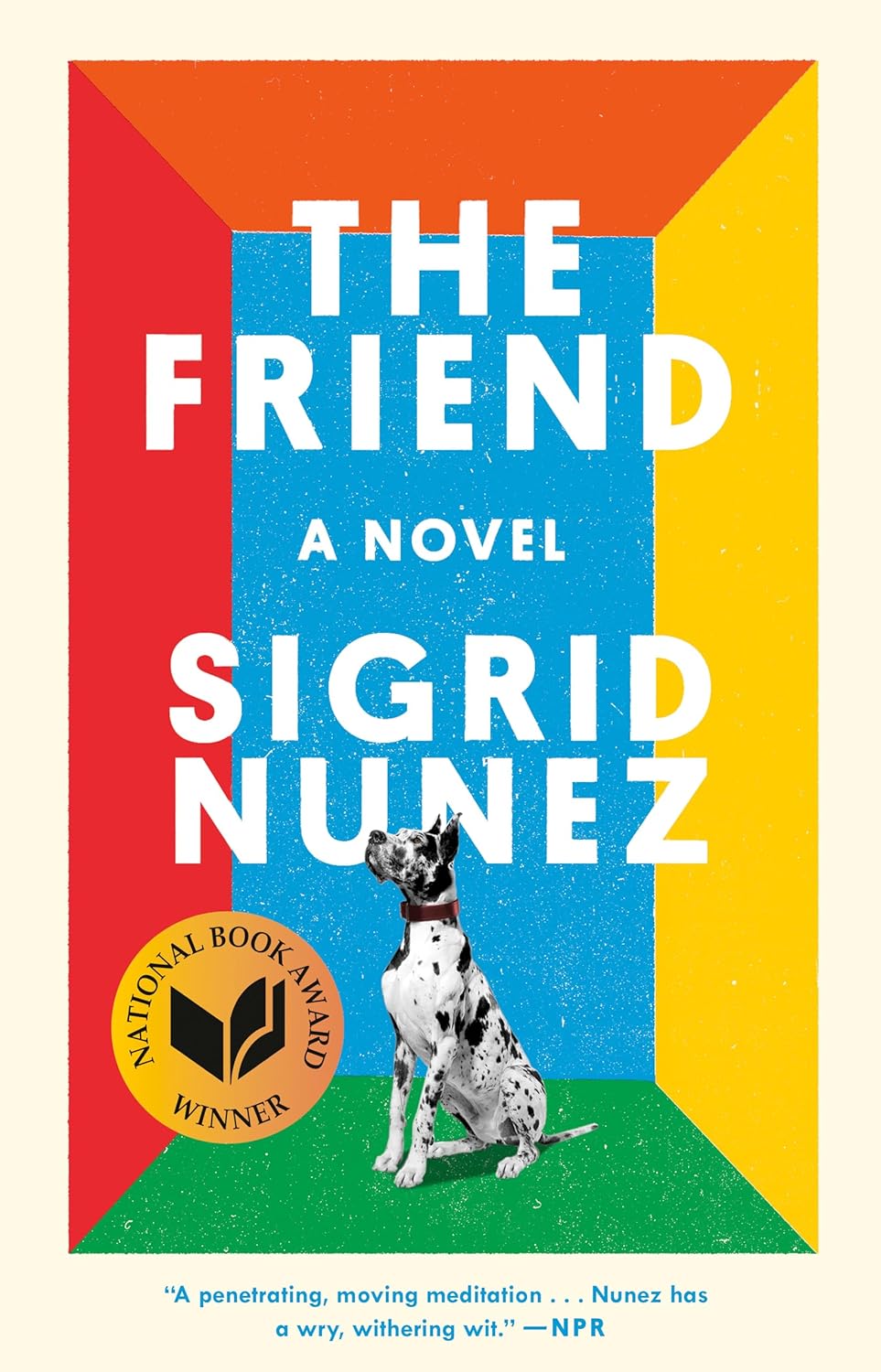
Laila Lalami
Catherine A. and Mary C. Gellert Fellow
2023–24 Harvard Radcliffe Institute Fellow
Novelist Lalami points out two books that evoke the feeling of campus. “I would recommend Sigrid Nunez’s ‘The Friend,’ in which a woman is saddled with a Great Dane after the suicide of her friend, a brilliant but morally compromised professor,” said Lalami. “Nunez is a sharp and mordantly funny observer, and her sentences are perfect gems, beautiful and cutting. I also love ‘The Last of Her Kind,’ an earlier novel of hers that follows two women who meet as freshmen and roommates at Columbia in 1968. It could’ve been written today, so well does it touch on how campus debates both reflect and magnify political problems unfolding outside campus.”
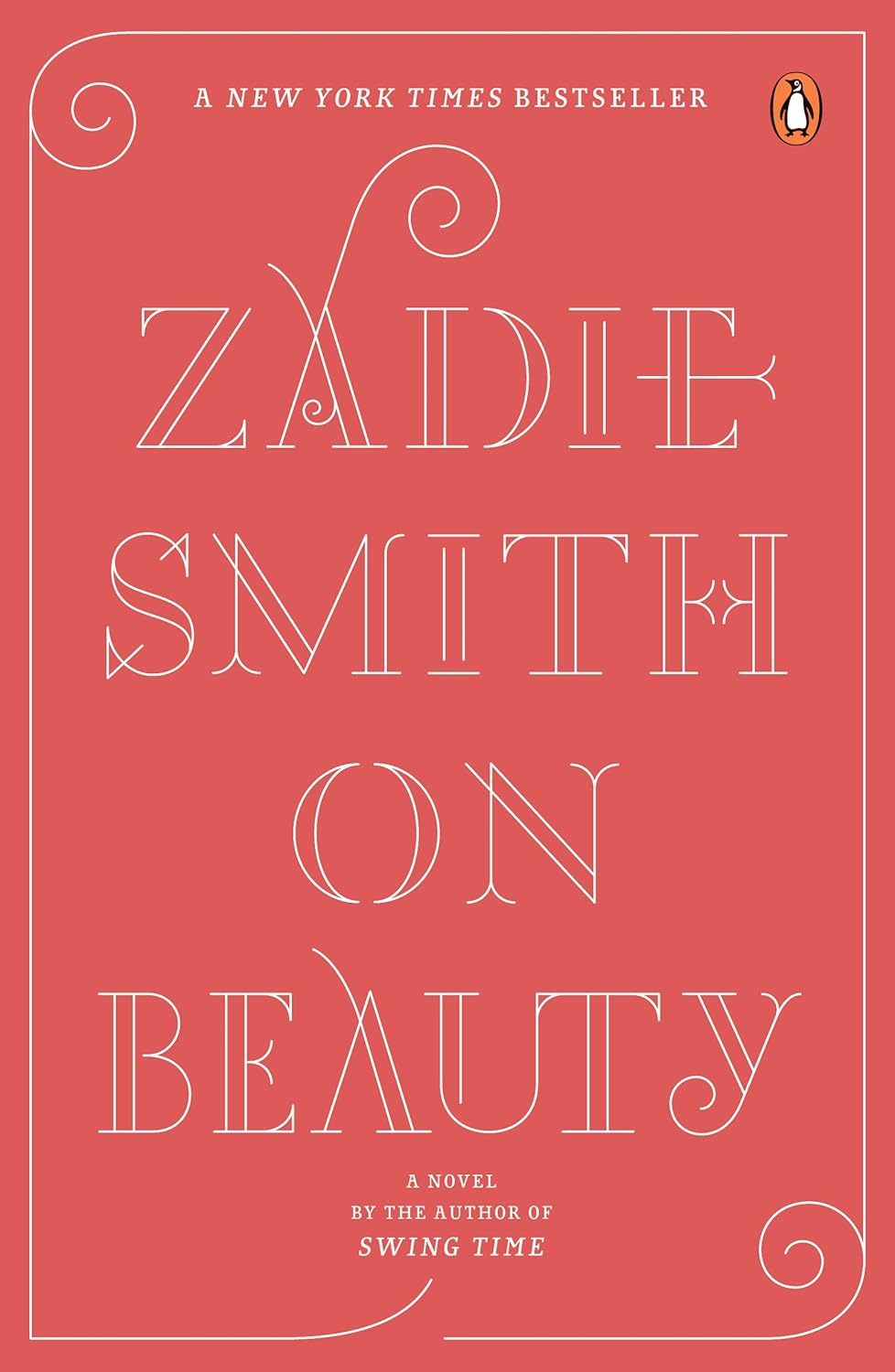
Alex Rehding
Peabody Professor of Music
For the theorist and musicologist the answer was obvious: Zadie Smith’s “On Beauty” and Donna Tartt’s “The Secret History.” “Those were the first two books that came to my mind (and — for full disclosure — I haven’t quite finished ‘On Beauty’ yet. I am reading it right now),” he said. “But there are some strong Harvard connections there: [Harvard’s Walter M. Cabot Professor of Aesthetics and General Theory of Value] Elaine Scarry’s work is cited quite a bit. (And ‘Wellington College’ is a made-up place that I imagine somewhere between Wellesley and Harvard.)
“‘The Secret History’ I read years ago, but I found it unputdownable. For me it’s the quintessential college novel (well, other than the fact, perhaps, that it’s a murder story).”
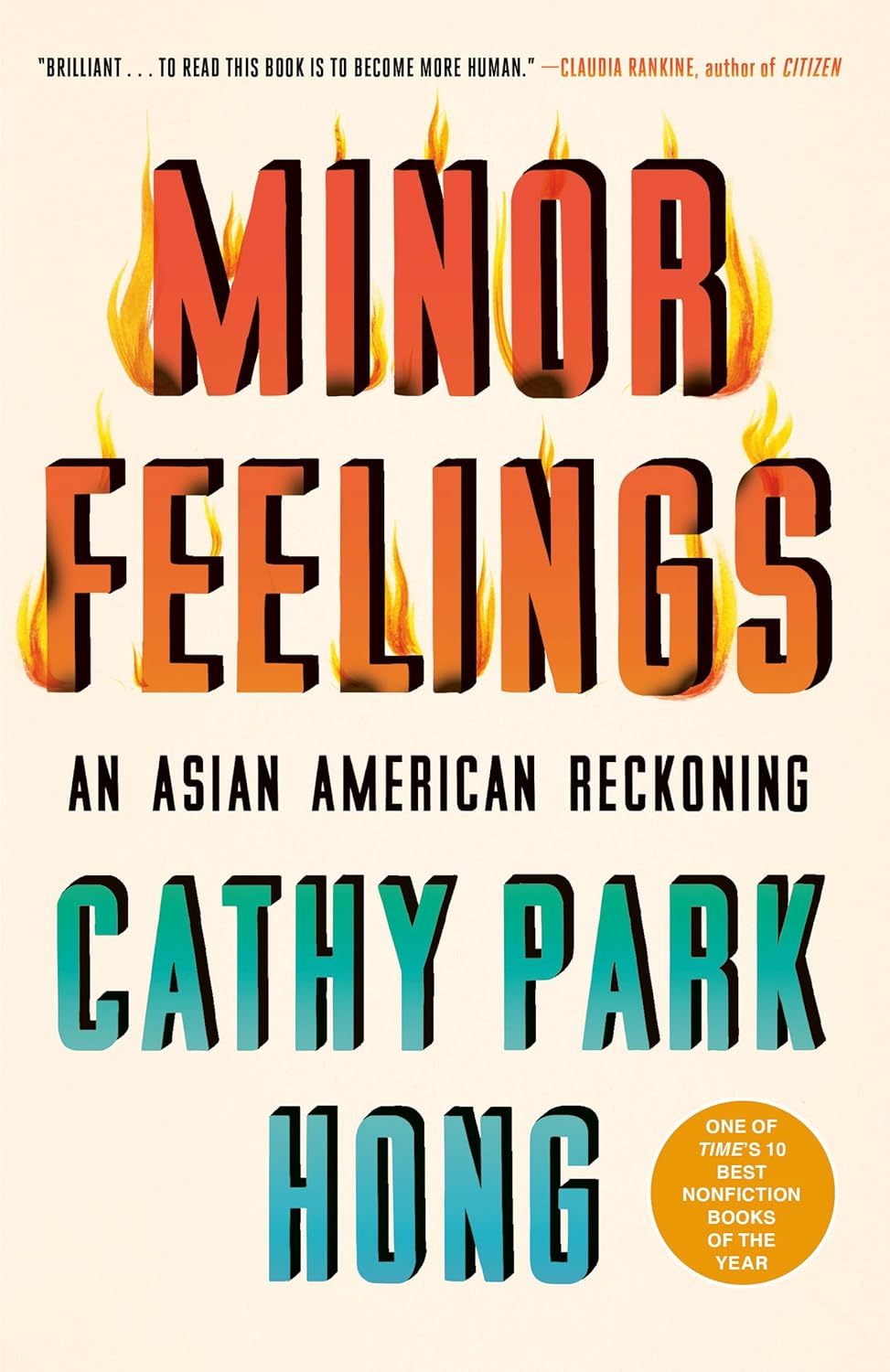
Sarah Dimick
Assistant Professor of English
The specialist in 20th- and 21st-century Anglophone literature, as well as the climate and environmental justice, chose a shorter piece: “‘An Education,’ an essay in Cathy Park Hong’s ‘Minor Feelings: An Asian American Reckoning,’ contains the most searing depiction of campus life that I’ve ever read,” she said. “Hong nails the fact that all those ‘quotidian moments’ over the course of college life — drinking terrible coffee with friends at a local diner, late-night conversations about the purposes of poetry — add up to something ‘more life-changing than losing your virginity or having your heart broken.’
“The essay offers a sharp portrait of three Asian American women coming into their own as artists and writers, fiercely competitive and supportive of each other’s work by turns. ‘An Education’ is a must-read for Hong’s analysis of racial dynamics on college campuses during the late 1990s, but it’s also necessary reading for its insight into the rigor and intensity of campus friendships. Years later, when Hong asks one of her friends to recount their college years, she responds: ‘It was beautiful how serious we were about improving our intellect.’”
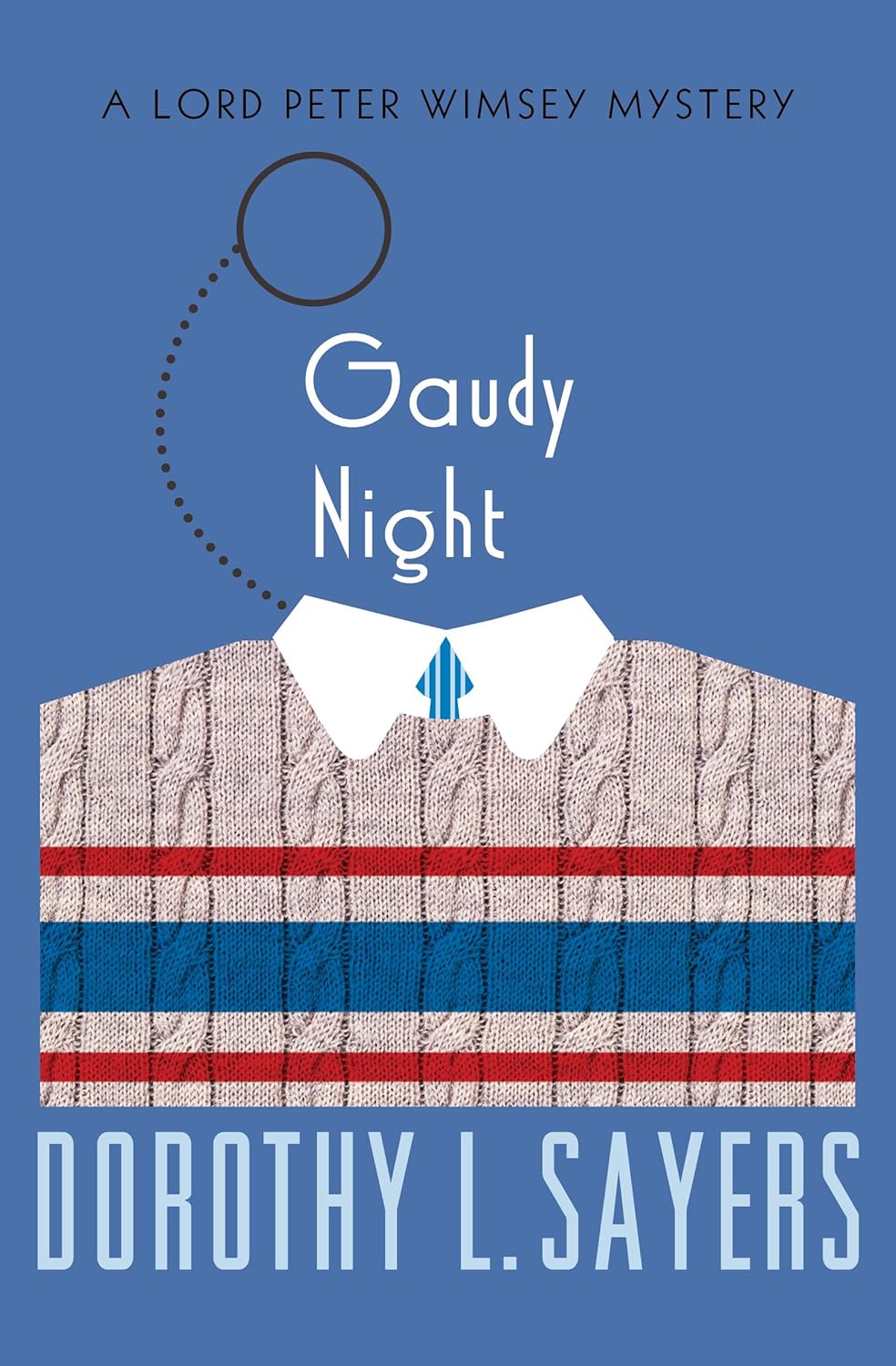
Francesca Wade
Evelyn Green Davis Fellow
2023–24 Harvard Radcliffe Institute Fellow
Wade picked a 1935 mystery. “The association between campus and murder was established long before ‘dark academia’ became a literary trend,” said the biographer whose work challenges the accepted scripts by which women’s lives are often told. “In that vein, Dorothy L. Sayers’ detective-novel-with-a-difference ‘Gaudy Night’ — exploring how a woman ‘cursed with both a heart and a brain’ can find fulfillment in both life and work, with subplots featuring dubious footnotes, archival malpractice, and late-night cloaked shenanigans in the Fellows Garden — is perfect first-semester escapism, set in an Oxford only recently allowing women to accept degrees.”
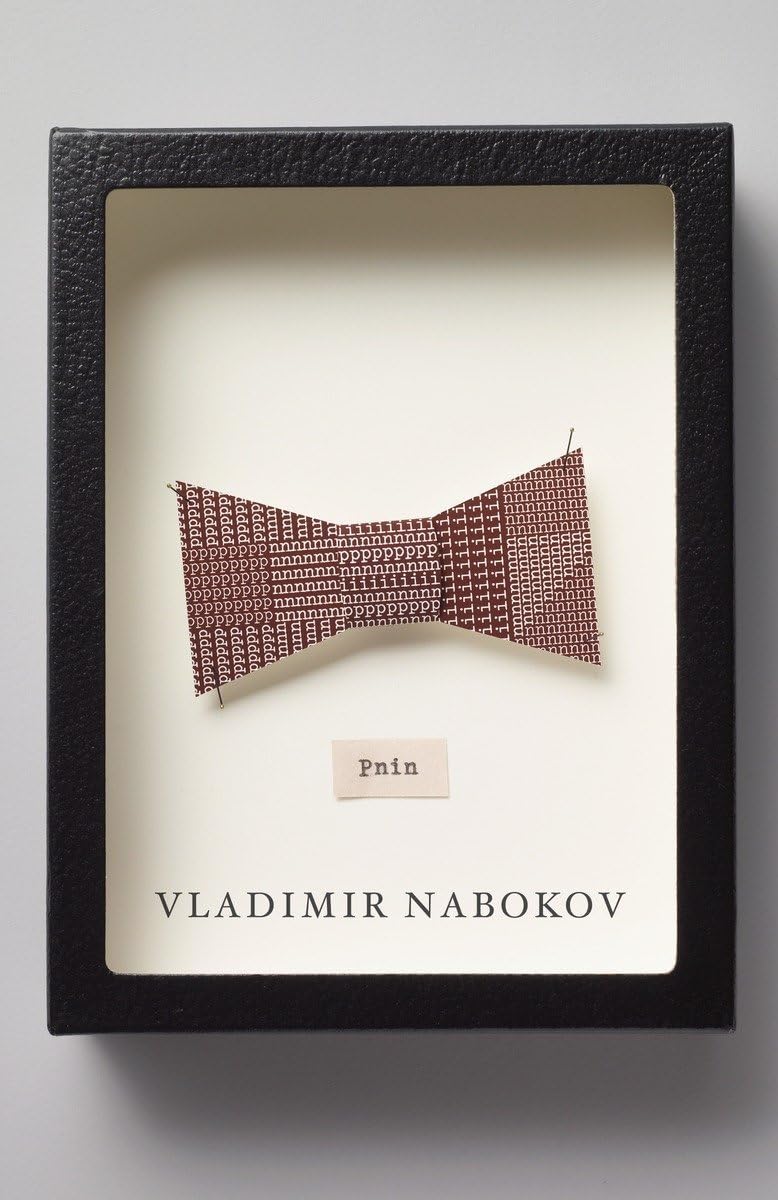
David Damrosch
Ernest Bernbaum Professor of Comparative Literature
Damrosch, the author of “Around the World in 80 Books,” offered a few favorites. “My personal all-time favorite campus novel is Jane Smiley’s 1995 novel ‘Moo,’ set at a midwestern agricultural college and filled with fascinating, eccentric characters. Two other outstanding novels in this genre: David Lodge’s ‘Changing Places’ about a British academic (loosely resembling Lodge himself) from a dreary red-brick university who gets a sabbatical in the U.S.A. at Euphoria State — a parodic version of Berkeley in the swinging late ’60s and early ’70s, and Vladimir Nabokov’s ‘Pnin,’ another semi-autobiographical tale, in which the exiled Russian Assistant Professor Pnin tries to make sense of American academia, and of his own life, at Waindell College, a kind of amalgam of Wellesley, where Nabokov had taught, and Cornell, where he was then teaching.”




